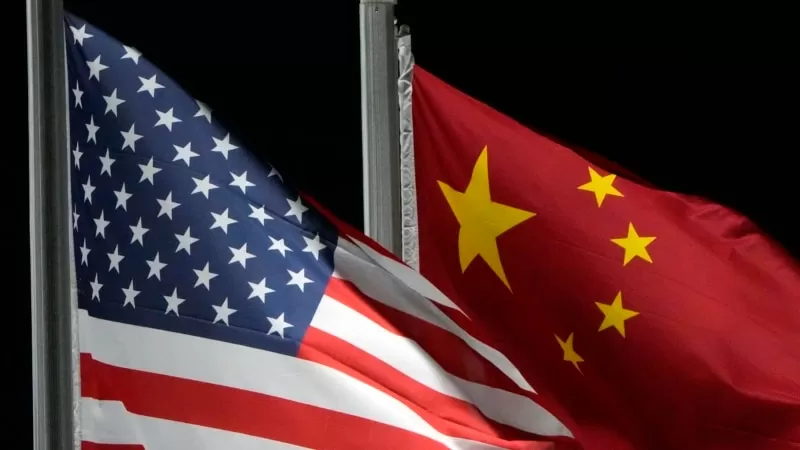Washington D.C. – The United States State Department has recently made a significant change to its online fact sheet on China, dropping the country’s official name, the People’s Republic of China (PRC), and replacing it with just China. This move marks a shift in the language used by the Biden administration, which previously referred to the Beijing government as the PRC.
This change is not a policy shift, but rather a different way of presenting the same facts. The United States has maintained diplomatic ties with the communist-run government on the mainland since former President Richard Nixon began the process to normalize relations with Beijing in 1979. This decision also led to the end of recognition of the government in Taipei, officially known as the Republic of China, on January 1, 1979.
Russell Hsiao, the Executive Director of the Global Taiwan Institute, reassures Taipei that this change in terminology does not represent a change in policy towards Taiwan. The United States still maintains its “One China” policy, which recognizes the government in Beijing as the sole legal government of China. However, the United States also maintains robust unofficial relations with Taipei.
China considers Taiwan a rogue province, and the United States has been a long-time ally of Taiwan. In 1949, Nationalist forces, backed by the United States and commanded by Chiang Kai-shek, fled the mainland for Taiwan after losing a civil war to the communist forces led by Mao Zedong. Since then, the United States has continued to provide Taiwan with weapons and has left the question of military intervention ambiguous.
Last week, the State Department made changes to its language regarding Taiwan, eliminating a reference to not supporting Taiwan’s independence. However, the content stating that the United States opposes “unilateral changes to the status quo” by either side of the Taiwan Strait remains unchanged.
The State Department’s website on China also underwent significant changes, including the deletion of content on cooperating with allies on China-related issues and helping Beijing with cultural matters and environmental protections. Instead, there is new language focusing on the U.S.-China trade relationship, highlighting the difficulties American businesses face in operating in China and the restrictive investment climate in the country.
Another noticeable shift in tone is the frequent use of the term Chinese Communist Party (CCP), which is directly accused of manipulating and subverting international organizations and attempting to install CCP members in leadership positions. The fact sheet also highlights the CCP’s involvement in malicious cyber activities against the United States and its commitment to countering these actions to protect American citizens, businesses, and industries.
These changes reflect a growing sentiment in Washington, particularly in Congress, that engagement with China has failed and a tougher approach is necessary. Rorry Daniels, the Managing Director of the Asia Society Policy Institute, believes that this change in tone towards the CCP’s legitimacy as the governing authority of China could be viewed with grave concern by Beijing and may be raised at the highest levels in the coming days and weeks.
In response to these changes, Chinese Foreign Ministry spokesman Guo Jiakun expressed strong dissatisfaction during a regular press briefing, stating that the State Department’s actions “misrepresent the facts, attack China’s foreign policy, and peddle the so-called China-U.S. strategic competition.”
These changes come after former President Donald Trump imposed an additional 10% tariff on all imports from China, citing Beijing’s failure to stop the flow of illicit opioids into the United States. Trump has also announced his intention to impose further retaliatory tariffs on all trading partners that limit access for U.S. goods into their markets.
In conclusion, the recent changes to the State Department’s fact sheet on China reflect a shift in the language used by the Biden administration towards the CCP and the United States’ relationship with China. While this change in terminology may cause concern for Beijing, it does not represent a policy shift towards Taiwan. The United States remains committed to its “One China” policy and maintaining strong unofficial relations with Taipei.

